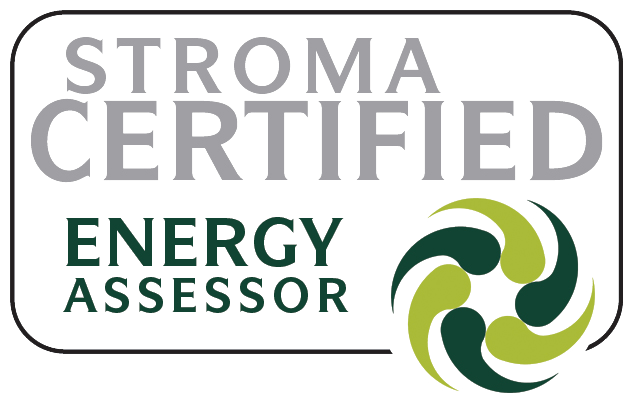Energy Performance certificate rules are changing in April of this year, are you ready for these changes?
As of April 2023, all leased commercial buildings require an EPC, in compliance with UK law. Therefore, commercial landlords need to make sure they are ready for these changes and are prepared to improve their EPC rating if necessary.
What is an EPC?
An EPC stands for Energy Performance Certificate. It is a document which evaluates the energy efficiency of a property, and grades it anywhere from A to G, on how efficient a property is. Grade A is the best rating available, with G being the worst. This document is a legal requirement when a commercial property is sold, rented or constructed.
What Do These Changes Mean?
The new regulations mean that all let commercial properties, whether a new lease or lease extension has been signed or not, must meet a minimum energy efficiency standard (MEES) rating in order to be let. If you are the owner of the commercial property, it is your responsibility to make sure you are compliant.
This is one of the most significant pieces of legislation relating to landlords and their ability to rent and value current and future properties. The EPC must have a rating of E or above for the landlord to be able to lawfully let the property.
So, if you own a commercial property, it is important that you make sure your property is at a sufficient EPC grade and you start looking to improve the EPC rating of the property where necessary.
There are some circumstances where an EPC is not required to comply with these regulations, which are listed buildings, temporary structures, places of worship or other religious activities.
Why is this Changing, and Why is it Important?
EPCs are becoming increasingly important since a move towards a more sustainable future has been encouraged, by both a tightening of energy efficiency regulation and a huge increase in energy prices. This has forced landlords to be more aware of the EPC, and how it will affect the rentability and value of their asset. For tenants, they will become more directly aware due to the increases in energy costs and will be keen to mitigate this increase as much as possible. The changes are intended to make all properties much more energy efficient and reduce carbon emissions, to help the government reach its net-zero by 2050 target to combat climate change.
How Does It Work to Get a Commercial Energy Performance Certificate?
One of our team will come to your site and carry out a survey. This allows us to capture information about the building.
The areas that they will be assessing will be:
• Roofs, walls and insulation
• Windows
• Boilers and heating systems
• Renewable energy devices such as solar panels
• Lighting
Once the inspection is complete, your assessor will create an EPC grade for your property’s energy performance.
We will build a 3D dynamic energy model of your building – allowing us to produce the EPC – but also interrogate the property and provide bespoke, actionable options to improve efficiency, get a high EPC rating and mitigate risk as EPC regulation tightens.
For future reference, we have the advantage of a model we can revisit as building upgrades are carried out. That allows us to create options for upgrades and refurbishments as legislation continues to get tighter.
Why Should You Use Us for Your Commercial EPCS?
At Energy Report, we don’t just offer EPCs that are accurate, affordable and ensured of compliance, but also long-term support and advice that will help you make the most of your premises. As a CIBSE low carbon consultancy with over 15 years of experience, let us assist you with preparations and help you stay compliant.
In today’s world of concern over CO2 production, energy efficiency is more important than ever. Therefore, achieving higher levels of energy efficiency compliance ensures you’re staying proactive, so act now.








 We use Energy Report as our main Energy Performance Certificate provider. They are always very quick to act on an instructions and provide a very competitive quote. The report is turned around very swiftly and they are helpful and polite when answering queries. We have no hesitation at all in recommending Energy Report to any of our clients as they always provide excellent service.
We use Energy Report as our main Energy Performance Certificate provider. They are always very quick to act on an instructions and provide a very competitive quote. The report is turned around very swiftly and they are helpful and polite when answering queries. We have no hesitation at all in recommending Energy Report to any of our clients as they always provide excellent service.